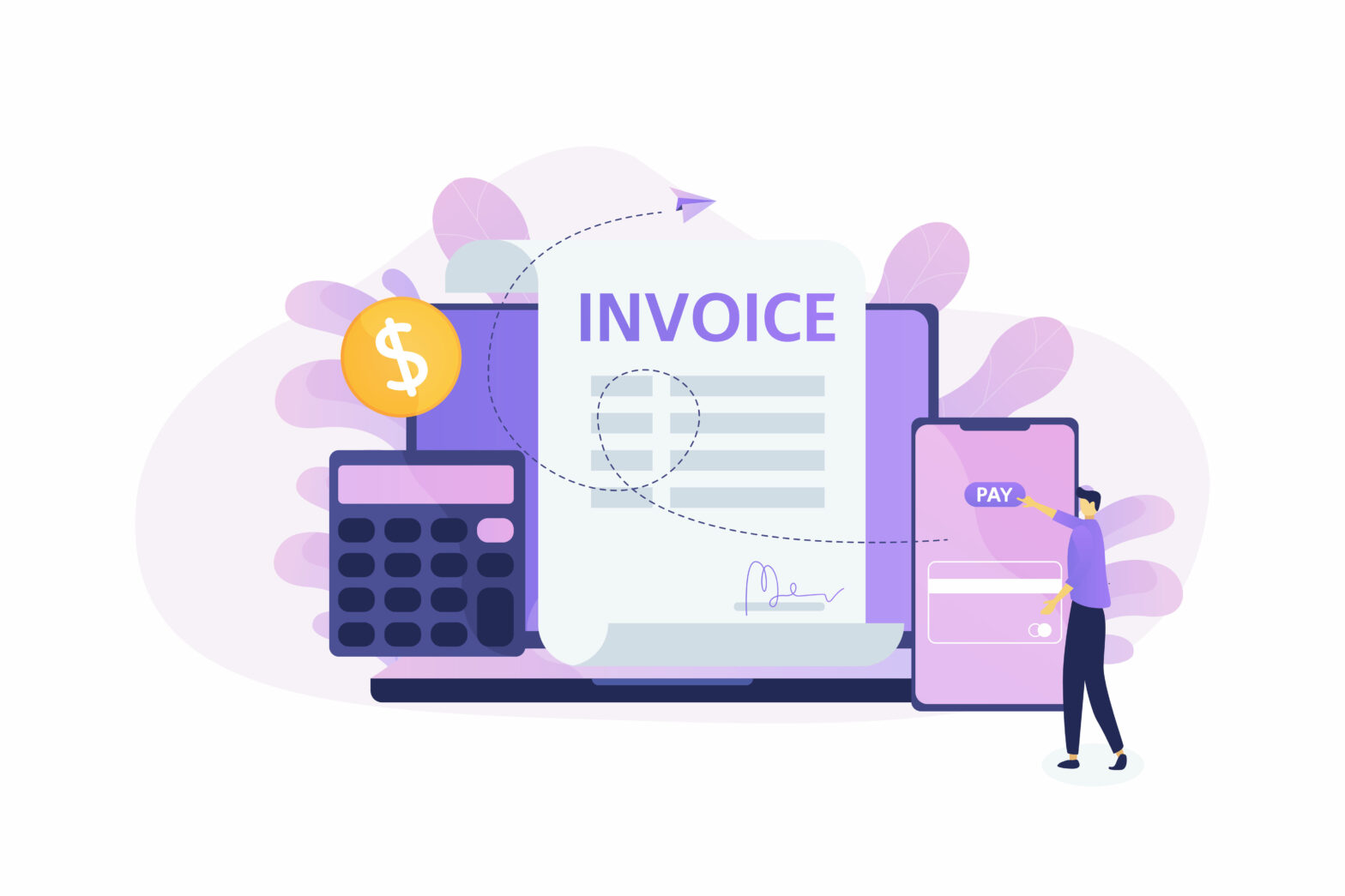Online finance is based on a very simple premise – that lenders and borrowers can be matched quickly, cheaply and efficiently through the internet.
We’ve seen this idea produce dramatic change in the personal lending space, through companies that employ peer-to-peer models. These companies are now increasingly seen as part of the mainstream of the consumer finance sector, taking significant market share away from the banks.
The next development in the story of online finance was the creation of equity crowdfunding sites, which collect hundreds of small investments into equity for start-ups. These have now succeeded to the extent that they are considered a standard finance option for entrepreneurs.
The most recent progress has come in the arena of small business finance, with companies offering new versions of old products, some doing peer-to-business loans through the internet, some offering invoice finance. Small businesses, standing the most to gain from a revolution in finance because they are the worst-served under the current system, have welcomed the new players with open arms.
In an atmosphere where banks aren’t lending to small businesses, and are making it more difficult for those they do lend to, these options are needed. The Breedon Report looked at the looming funding gap and concluded that up to £191 billion more of loans to small businesses will be needed by 2017. Small business owners are increasingly turning to personal credit cards to fund their own business because it can be easier for them to get credit that way.
Alternative finance providers are a common-sense, private sector solution to this problem. Just in terms of our specific niche, invoice finance, we can do things that the banks simply can’t.
We regularly take on invoices from large foreign debtors because our investors are global in their scope and have a greater appetite for risk.
We also sell selected invoices from companies who just need a small cash flow injection for one month in the year for example, allowing them to take on new staff or buy new equipment, unlike the traditional providers who insist on factoring their whole order book for the year.
Alternative finance providers can do these things because, being internet-only, we are lighter on our feet. Our costs are lower, both in terms of operating costs and the cost of our funding, because we take the borrower directly to the lender. And since it’s difficult for investors to get returns elsewhere, they’re clamouring to finance small businesses, so the rates go even lower.
Britain has always been at the forefront of innovation in finance, and alternative finance looks like it will be the dominant force in driving future change in the sector.
Finance has been devoid of truly disruptive businesses for a long time, but these companies, driven by technology, are changing the game. The major obstacle that stands in their way is awareness from the small businesses that most need their service.
Essentially, alternative finance is wholesale finance. Small businesses and individuals can now go direct to the investors who traditionally would have lent their savings through the funnel of a bank.
Just as individuals can get their goods from huge warehouses through Amazon, small businesses can now get finance wholesale from MarketInvoice. It’s one step closer to the source, one less level of bureaucracy, and much more efficient.
This revolution has reduced finance to its most fundamental level, the matching of savers with borrowers. Doing this has allowed small businesses cheaper, easier and more flexible access to finance.
With advantages like that, it seems inevitable that alternative finance will move into the mainstream, used as part of any sensible financial strategy. So, even though there is turmoil in the vast majority of the financial sector, for one corner, the future is rosy.
Looking for finance? SmallBusiness.co.uk is working in partnership with trusted lenders to find the best business funding deals. Find out more here.




